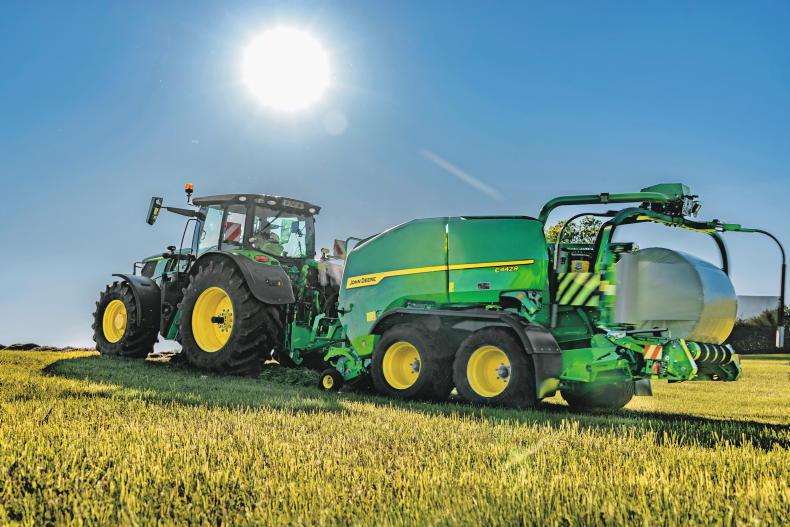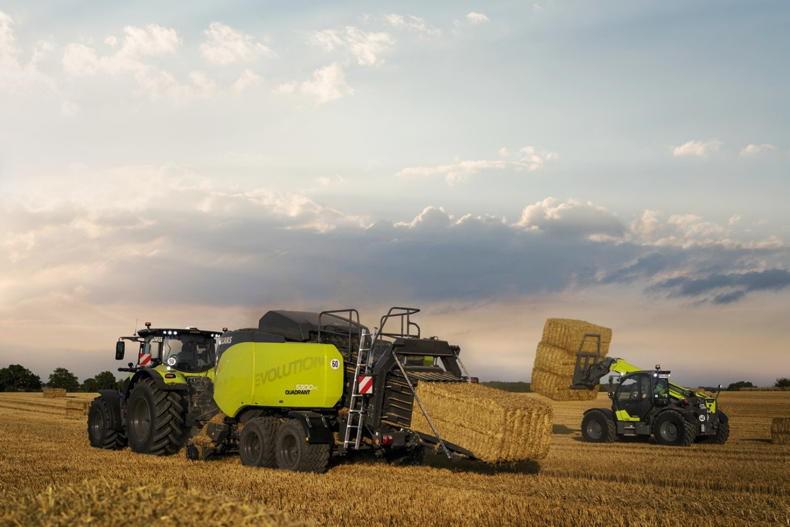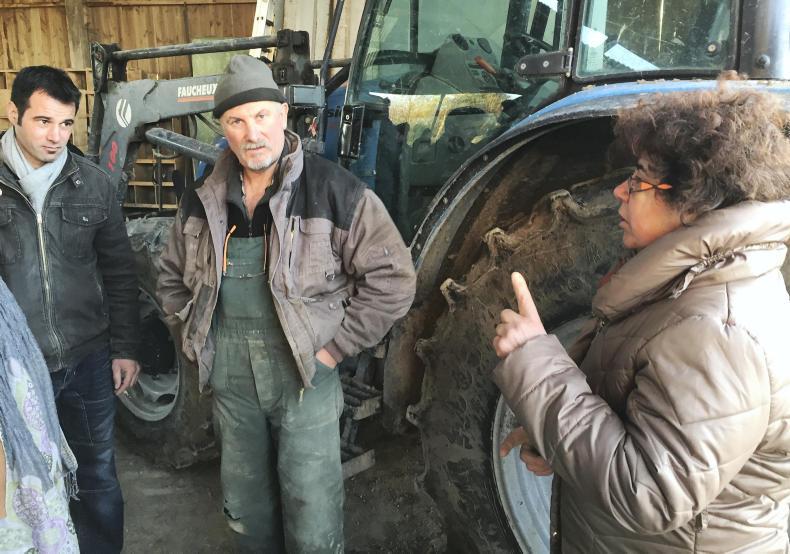Since four farmers decided to share a round baler more than 30 years ago, the Contrevents Verts co-op for the use of machinery in agriculture (CUMA) in Brion, western France, has accumulated an impressive fleet of 45 machines including round balers, six trailers, manure spreaders, maize processors, a tractor, a towed bean harvester, ploughs, harrows and subsoilers.
The CUMA also built a large solar-powered shed. It now has 37 members, nine of whom sit on its committee and one is responsible for managing each type of machine – all on a voluntary basis.
When a sub-group decides to buy a new machine, they put up 20% of its value into CUMA share capital in proportion to the usage they each commit to get out of it. The co-op then takes out a bank loan for the remaining 80% and purchases the machine in its own name.
Find out how 37 French farmers share all this machinery - and could it work in Ireland? https://t.co/dnOZU0JhYE pic.twitter.com/JWRxtn5wwx
— FJ Machinery (@FJMachinery) 27 janvier 2017
Every year, the CUMA works out a rental fee for each machine to cover its depreciation, loan repayments and maintenance. When the machine is amortised and sold, the members who invested in it get their share capital back.
For example, a €31,000 round baler required €6,200 in share capital from the farmers interested in using it. Last year, its depreciation and running cost was €6,850 and it produced 4,226 bales, which would mean a rental fee of €1.62 per bale. Thanks to the sale of an older baler, the CUMA was able to charge only €1.21 per bale.
The trailers, ranging from 12t to 21t, are each available for €15/day, regardless of their size or the utilisation rate of each farmer. The group’s chair Emmanuel Lachaise told visiting Irish farmers this month that this was a founding principle of the CUMA. “A contractor would charge a different rate for big and small farmers – we don’t,” he said. The co-op is non-profit and ensures its rates are cheaper than contractors’.
“The CUMA allows us to have high-performance machinery all the time, because it renews it frequently,” Emmanuel added. The CUMA has an online booking system and the person responsible for each type of machine negotiates double-booking issues.
There are bylaws governing how new members can join and buy into existing machines, how members can leave without causing difficulties for others and how younger farmers can avail of staged payments.
Emmanuel said that “what determines a CUMA’s success is the dynamic of local farmers who want to work together”. In this case, informal help between neighbours was commonplace before they decided to pool machinery.
Hard questions
When members of the Kilnamartyra discussion group in Co Cork visited the CUMA this month, they asked all the questions linked to the failure of previous attempts to import the model into Ireland. Here are Emmanuel’s replies:
Q. What if two farmers want the same machine at the same time, especially if the forecast allows only a short spell of good weather?
A. The weather is better in France, but there are cases like this. The first option is to run the machines 24/7. This has happened with ploughs before. The CUMA can also call in a contractor and spread the cost through the rental fees.
Q. What if someone breaks a machine?
A. Before each use, the farmer using the machine checks it and reports any issues. Normal wear and tear breakdowns are covered by the CUMA through running costs. Damage caused by a member are their responsibility.
Q. How do you track usage?
A. Each machine is fitted with a clock to measure the kilometres, hectares, hours or bales covered.
Q. How does the CUMA manage insurance and liability?
A. The CUMA has its own insurance, but in France, the individual insurance of the farmers’ tractor towing each machine will cover it as well. If there is an accident, health and safety inspectors will want to check that the machine was properly maintained and the CUMA’s chair is ultimately responsible for this.
After discussing the CUMA model, several Kilnamartyra farmers said they would consider forming one at home, mentioning interest in a dump trailer and a trailing shoe slurry spreader.
“We are in a purchase group and work together already,” said John Wood, citing their existing committee and bank account. Patrick McSweeney agreed and said: “I already borrow a trailer from John; if there was a structure to pay €15 per day I’d be happy to.”
Other members under more time pressure said they would rather continue with contractors and Patrick said that sharing labour to operate shared machinery and perform other tasks such as relief milking could become a feature of the project.
Important questions remain to be answered before a CUMA can be formed in Ireland such as how would it be taxed, how to access TAMS grants and how to manage those tight weather windows without falling out.
















SHARING OPTIONS